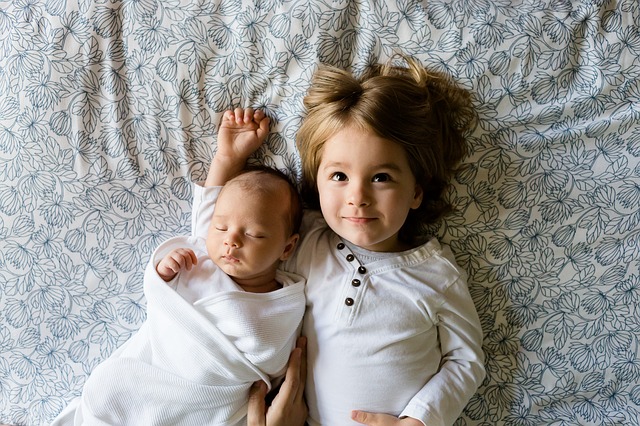Before Fighting In Front Of Your Kids, Think Again (Unless You Want To Adversely Affect Their Brains)

We’ve probably all heard, “Not in front of the kids” at some point, especially when it comes to fighting in their presence. A new study in the Journal of Family Psychology supports that theory.
Alice Schermerhorn, an author of the study and assistant professor in UVM’s Department of Psychological Science, found that children who come from households where conflict is prevalent could have more challenges, socially, later in life. This is due to the way the children have learned to process emotions.
In the study, children’s brain activity was measured (based on their reactions to photos of couples in happy, angry and neutral poses). Their mothers then filled out questionnaires and the children were put into high- or low-conflict groups, then picked out angry couples within photos. The brains of kids in the high-conflict group had a higher amplitude on an EEG test (of P-3, an electrical activity).
“They’re being watchful in the home in the same way that they’re watching for angry faces in the research setting,” Schermerhorn said in this piece. “I would predict some association with their functioning in other kinds of situations.”
Dr. Phil has covered this topic, too, saying kids who grew up watching their parents fight can feel the effects for years, characterized by their being: clingy, feeling guilty and helpless, and showing aggressive behavior (possibly yelling at their own children, too), among others.
The kids often feel, “Somehow, this must be my fault,” Dr. Phil says on his website. “Imagine how terrible it is for them to hold themselves responsible for something over which they have absolutely no control.”





